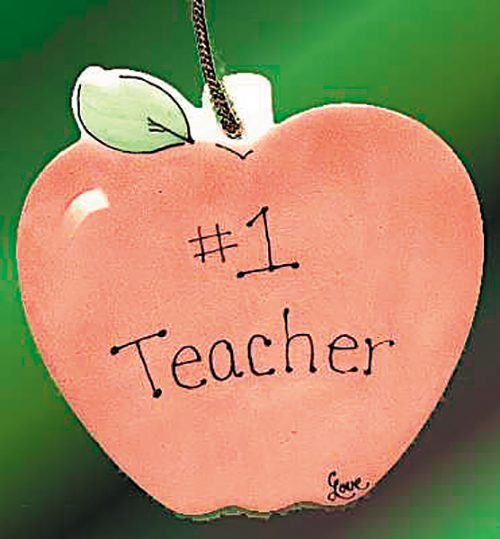
Time for a quick survey: How many of you have ever had a teacher who was basically the human embodiment of a textbook? You know the type, standing (or sitting) at the front of the room and just listing off facts for you to write down and memorize for the test. The best type of this teacher at least puts notes on the board or projects a PowerPoint onto a screen (or the wall if you are less lucky). The worst type of this teacher actually reads the textbook aloud and you are expected to follow along. Does this sound familiar? Okay, you can all put your hands down.
Now a follow-up question: what is the worst part of teaching this way? If you said the biggest issue is that it makes learning boring, you are wrong. Boring is definitely not good, but truthfully, a teacher can teach in this manner and be very exciting. A history teacher might present the subject as an epic tale, captivating the audience from beginning to end. But even the most engaging “textbook teacher” is holding something back from his or her students.
Before directly discussing this manner of teaching, let’s ponder what learning truly means. According to educational psychologist Benjamin Bloom, there is an entire hierarchy of skills and accomplishments that constitute learning. Known as (the updated) Bloom’s Taxonomy, it begins with the lowest level of “knowledge” and peaks with “creating.” The philosophy behind Bloom’s Taxonomy is not complicated.
It simply argues that true learning involves understanding every idea or set of facts with a depth that enables the learner to use knowledge to “apply,” “analyze,” “evaluate,” and “create” (the top four tiers of the Taxonomy).
Thinking about the ultimate goals of learning has impact here as well. What do we want our children to able to do with what they learn? Get on Jeopardy? Impress people at shul dinners with interesting facts? Maybe. But this is not the vision of success for most parents. We want our children to understand life in a profound way, appreciate God’s universe, succeed at their jobs, and make their mark on the world. These goals require the skills and creativity that transcend simple knowledge of facts.
(To be fair, knowledge is the essential element for all learning, and teaching information is therefore essential. Knowledge itself is also empowering and ennobling. Not all information can be gleaned by simply reading books, and many concepts available in books need experts to explain and clarify them. A teacher who does none of this is hurting his or her students as well. Additionally, at this point, for many students the lower levels in Bloom’s Taxonomy might be exactly what they need.
Getting back to our “textbook teachers,” the biggest disservice they do their classes is to restrict their ability to partake in higher-level learning. Their students can become conditioned to think learning is rote, static, and yes, boring. These children then miss opportunities to acquire and sharpen the skills needed to make meaning out of knowledge. But don’t jump to blame the teacher. It has taken time for new models of learning to take hold, and many teachers are simply following in the footsteps of their own teachers or mentors.
So, if want to know why your daughter has to memorize Civil War battles for a test, you aren’t crazy. And if it bothers you that your son’s chumash notes consist solely of questions and answers of commentators, you have a point. Knowing history is great, as is memorizing comments from Rashi and Ramban, but this information should be seen as a means and not an end. Plenty of avenues exist to bring more profound learning experiences to the classroom (maybe we can discuss a few in future articles). With openness to a new definition of learning, our children can benefit from opportunities that many of us never had.
Yair Daar teaches Gemarah and Tenach at SAR High School in Riverdale, NY. Comments can be left at chinuchadventures. blogspot.com
By Yair Daar








